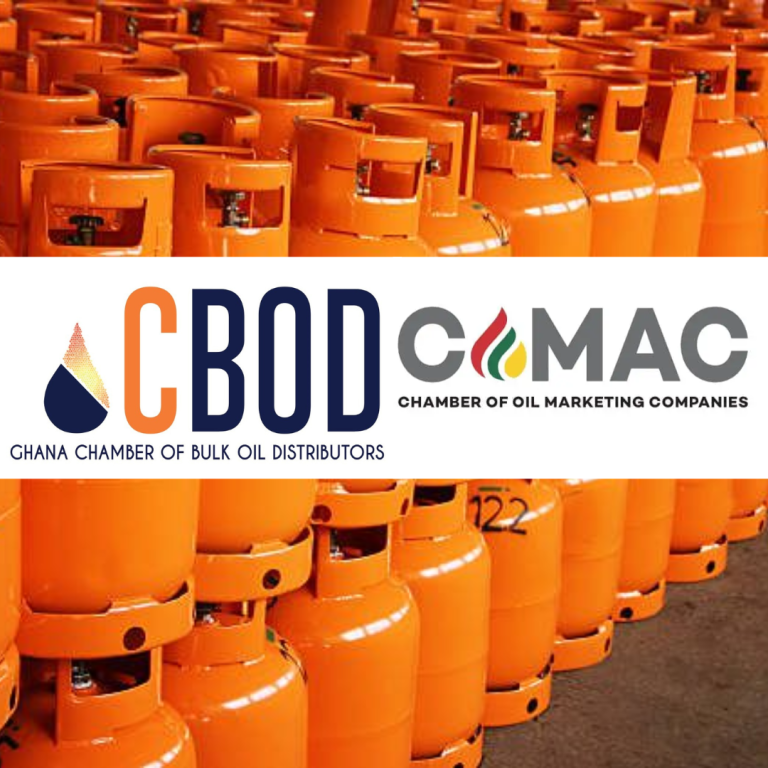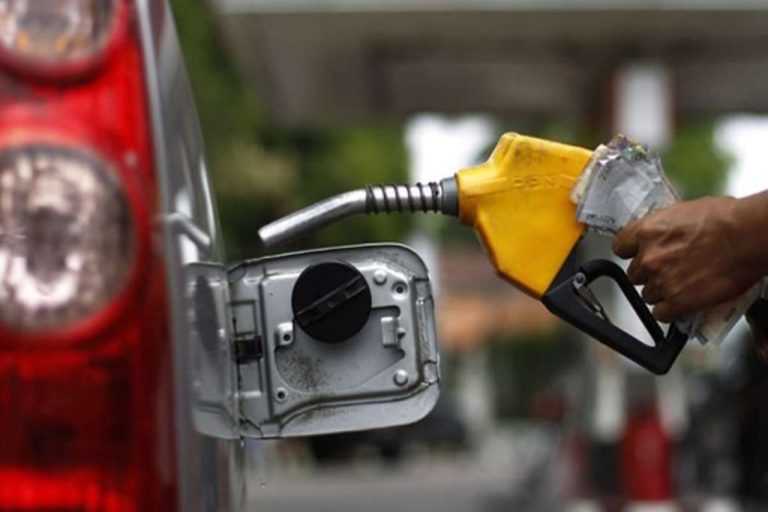The National Petroleum Authority (NPA) has admitted it was forced to review the national sulphur specification for diesel from the maximum 3000 parts per million (ppm) to between 10 and 500 ppm to avert a shutdown of the Tema Oil Refinery (TOR).
Chief executive of NPA Moses Asaga told Citi Business News ‘the 500ppm was to ensure that technically, TOR can be able to produce the 500 ppm but when it comes to importation, the BDCs will import 10 ppm. TOR’s 500 ppm can then be blended to come to the required standard because if we close the refinery, it means there will be loss of jobs and chaos’.
The NPA, yesterday (October 3), announced it had revised the national sulphur specification for diesel from the maximum 3000 parts per million to 500 parts per million, effective January 2017.
The Authority will however allow suppliers to import diesel at 10 ppm or lower. But the review has been met with heavy criticism especially from the African Centre for Energy Policy (ACEP) which says NPA must further review downwards the maximum sulphur content requirement for diesel products imported into the country.
ACEP, earlier told Citi Business News that thousands of Ghanaians lose their lives every year, because they inhale fumes from dirty diesel which contain high levels of sulphur. ACEP in partnership with Swiss NGO, Public Eye, recently revealed that Swiss commodity trading firms are exploiting lax regulatory standards to sell dirty diesel to African consumers.
The report which surveyed eight African countries including Ghana, indicated that the sulphur content of diesel samples in such countries was more than 300 times compared to that of Europe, US and Kenya in Africa which has 50 parts per million (ppm).
Chief executive of NPA Moses Asaga, who confirmed to Citi Business News that TOR lacks the capacity to meet the specification, said the Authority was forced to still maintain high sulphur levels in its revision figures to avert a complete shutdown of TOR. “The countries in Africa that have attempted 50ppm have closed down their refineries because they cannot produce at that level.
As a result, Ghana had to take the middle position by making sure it gets the right quality and at the same time keeping TOR in operation.” Mr. Asaga added, “There is a timeline for all refineries to for them to upgrade their equipment and the only equipment that the TOR requires is a de-sulphurizer to reduce the sulphur levels to 10 ppm.”
Citi Business News has gathered it may take Ghana at least three years to fully ban the importation of dirty diesel into the country. This is because TOR which is Ghana’s only national oil refinery lacks the financial clout to switch its current equipment to lower the sulpur content in diesel.
The equipment known as a de- sulphurizer will cost about 120 million dollars.
–
Source: Citifmonline.com





